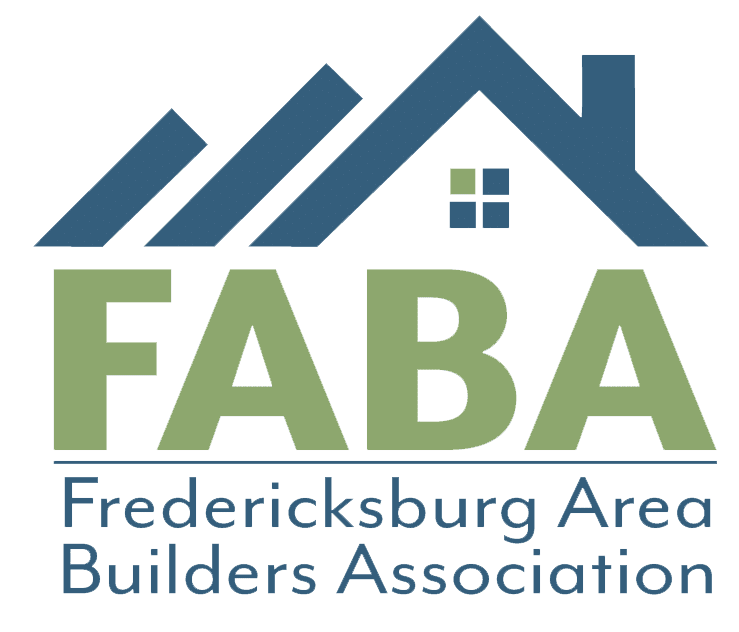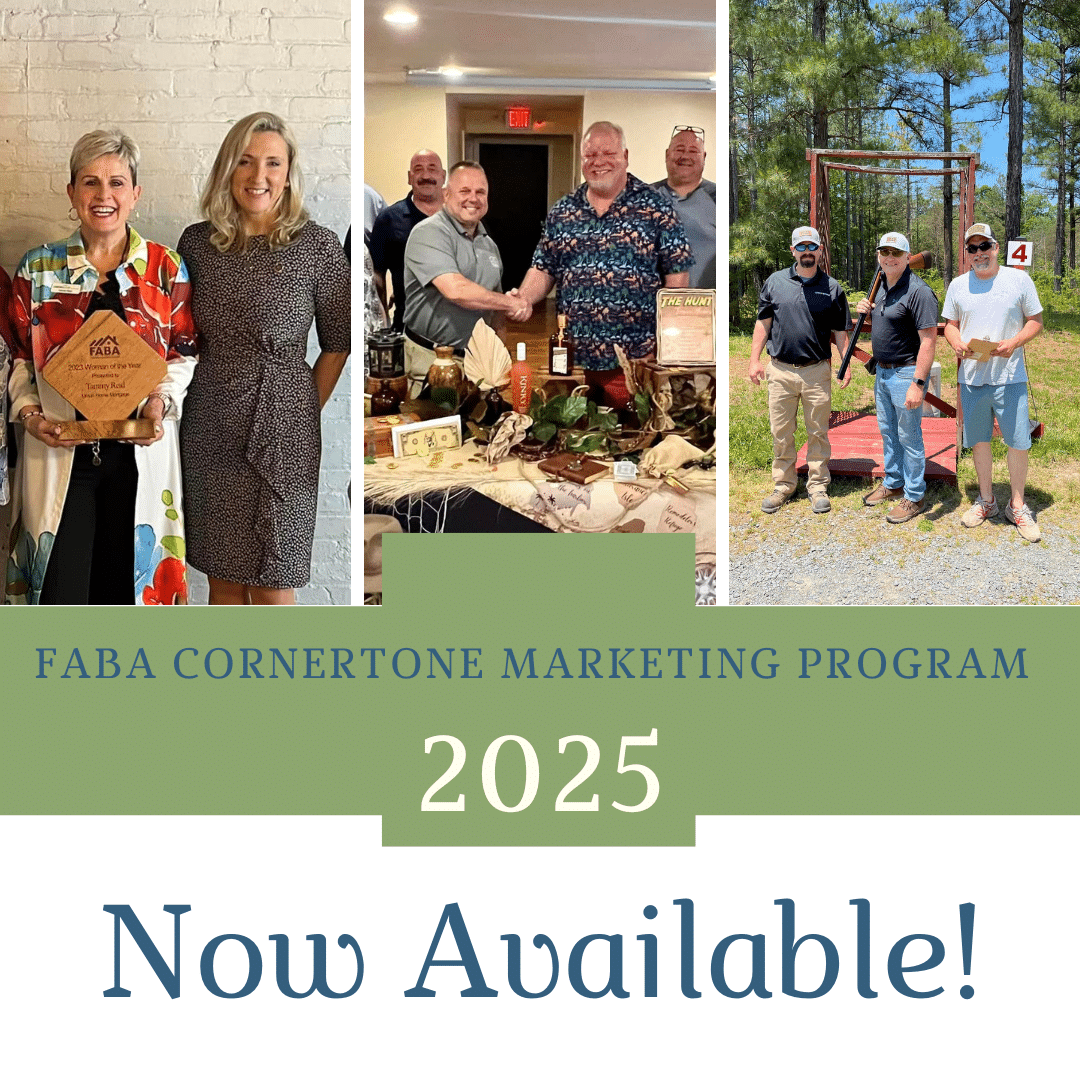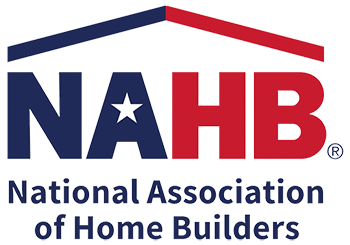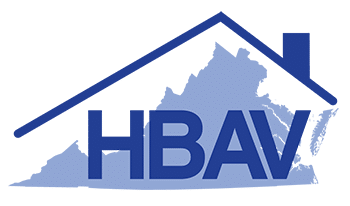New NAHB research shows that despite declining self-employment rates and the rising top builder market share, residential construction remains the industry of independent entrepreneurs. Close to 80% of home builders and specialty trade contractor firms are self-employed independent contractors.
Even among firms with paid employees, the industry continues to be dominated by small businesses, with 63% of home builders and two out of three specialty trade contractors generating less than $1 million in total business receipts. The new estimates are based on the 2017 Economic Census data.
Among residential construction businesses with paid employees, remodeling, land subdivision and specialty trade subcontractors (STC) companies tend to be smaller and produce less revenue. Among these groups, 78% of remodeling establishments, 68% of land developers and two out of three STC companies generate under $1 million in receipts.
Home builders are typically somewhat larger, with about 37% of companies reporting annual sales in excess of $1 million. Among home builders, multifamily general contractors tend to be largest, with more than 57% of companies grossing more than $1 million and about one out of three companies generating over $5 million in 2017. Nearly one-quarter of multifamily general contractor establishments (23%) crossed the $10 million mark.

Single-family contractors (SFC) are often smaller compared to for-sale builders (who build on land they own and control). Less than one-third of single-family contractors reported annual sales in excess of $1 million while over half of for-sale builders crossed the $1 million threshold. Focusing on the top earners shows that 15% of for-sale builders produced more than $10 million in total business receipts in 2017 while only 3% of SFCs surpassed that figure.
Under the most recent US Small Business Administration (SBA) size standards, the vast majority of residential construction companies qualify as a small business. The most recent small business size limits is $39.5 million for all types of builders, $30 million for land subdivision and $16.5 million for specialty trade contractors.
By these standards, almost all remodelers and single-family contractors and at least 98% of land developers and 96% of specialty trade contractors easily qualify as a small business.
NAHB economist Natalia Sinaivskaia provides further analysis in this Eye on Housing blog post.
The complete NAHB report is available to the public as a courtesy of Housing Economics Online.







